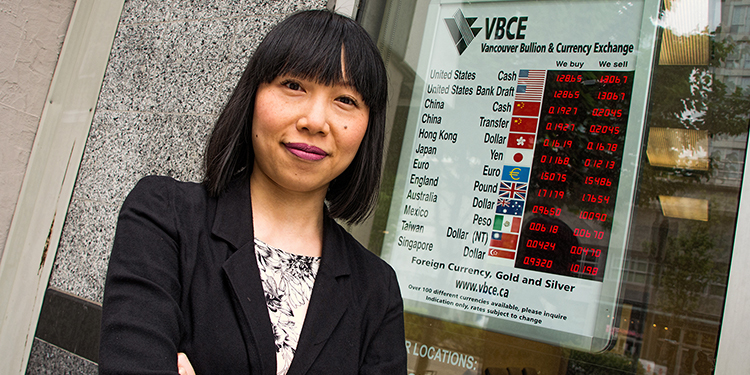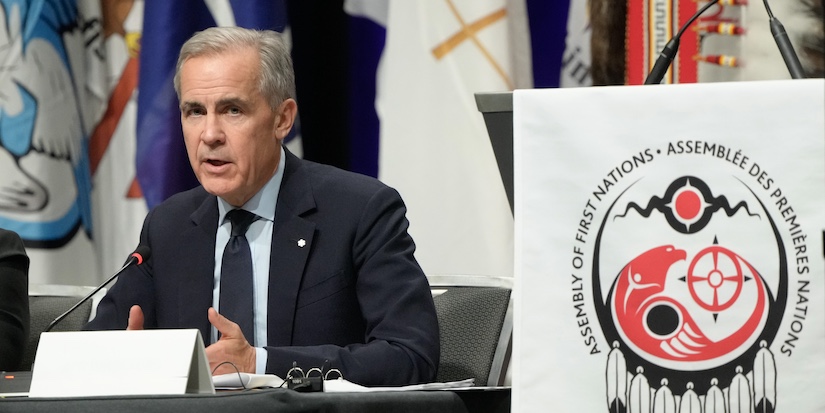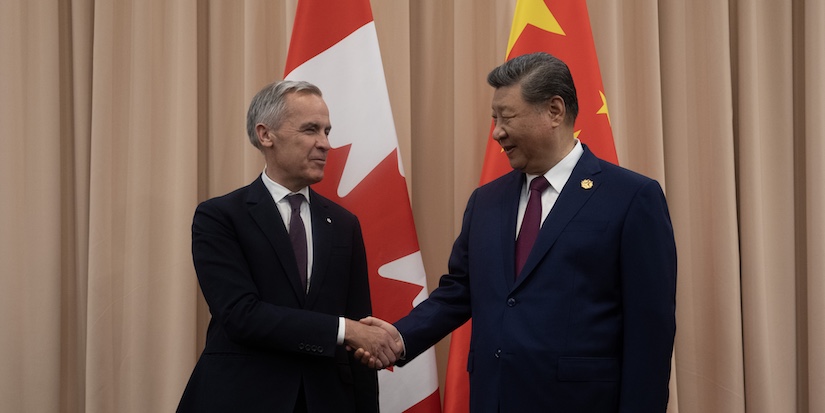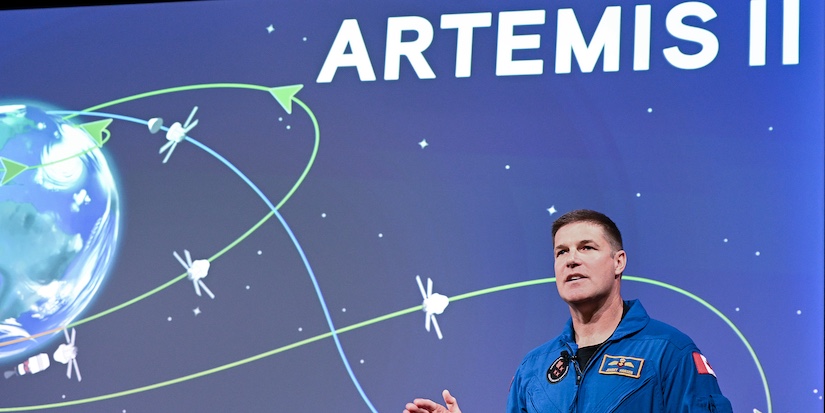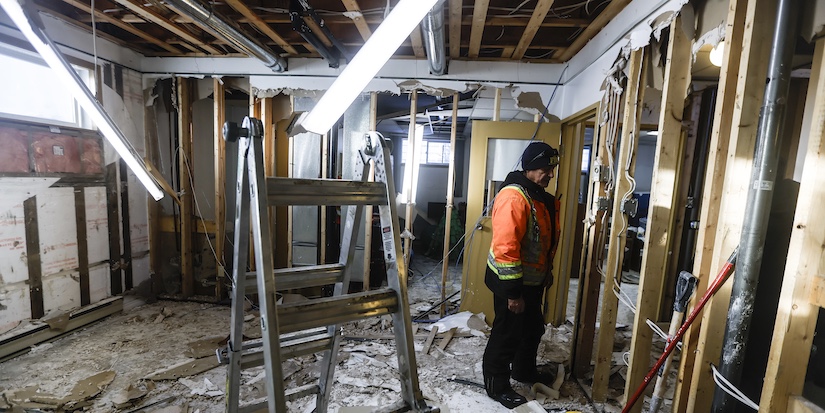Latest News
Currency exchanges offer best bang for buck for travellers
How about an extra two per cent to spend on
your next foreign trip? Using an exchange house can save you a significant
amount of money.
An exchange house tends to offer a better
rate than the banks while not charging an extra fee.
“We offer the same exchange services as a
bank at a definitely better rate because we deal in such volume,” says Gina
Wong, a service leader for Vancouver Bullion and Currency Exchange’s Richmond
office at 118-6061 No. 3 Rd., near Saba Road.
While tremendously convenient, the exchange
kiosks at major transportation hubs tend to be less of a bargain, charging a
high rate of exchange and often an additional fee. The bottom line: you end up
with less money to spend.
“You want to be prepared for your trip and
not get dinged at a foreign airport,” says Wong.
For those who mainly use credit cards while
travelling, Wong suggests travellers still get at least some cash to use at
their destination for tips and fees. Smaller places will not accept credit
cards and do not accept out-of-country money. Also, some destinations, like
Egypt, suggest travellers also have some small denomination US dollars for tips
in larger centres.
While Wong says they routinely have American
dollars, Euros, Mexican Pesos and British Pounds in their branches, the
exchange does offer less common currencies like the Guatemalan quetzal or
Moroccan dirhams.
“Phone ahead for exotic places,” Wong says. “Usually
for major currencies, we have plenty of inventory but for more exotic currency,
best to double check because it’s on a first-come first-serve basis. I would
feel really bad if they came all the way from Delta and we didn’t have enough.”
“If they call me I can always try to arrange
extra so we have enough in stock,” Wong says.
In addition to bringing in cash, you can use
a local debit card—Canadian, but not American—or a bank draft payable to
Vancouver Bullion and Currency Exchange, says Wong. She also reminds people to
bring government-issued photo identification.
Also, do your homework before you travel,
Wong says: “Best to research ahead of time so you know what the bills look
like.”
She cites one example with Indian money where
the 1,000 and 500 rupee bills were taken out of circulation but still used in
some areas or given as change to tourists. If you bring the old ones back to
Canada, you would be stuck.
“We would be unable to purchase them,” says
Wong.
And when you come home, you can change your
left-over vacation money back to Canadian currency but Wong cautions travellers
not to expect the same rate when they get home and want to change the remains
of their travel money back into Canadian dollars.
She also cautions that most banks and
exchange houses will not take coins, so spend the coins before coming home
otherwise, they are just souvenirs.
The exchange offers in-person exchange or
electronic.
“It’s a pretty seamless transaction through
the (the exchange) online portal through their laptop. That way, they don’t have
to go to a bank and arrange the transaction in person…it can be set up
beforehand,” Wong says.
Most common currencies can be exchanged, if
you have an account in both currencies, 24/7 she says.
For people living in two countries, like
snowbirds, “people can exchange money from a foreign bank. We can take incoming
electronic transfers from a foreign bank if it is a currency we deal in,” says
Wong.
“We have a lot of foreign customers who may
be moving or immigrating to Canada. They can transfer funds for example to
purchase a property or other large items like a car. Obviously with large cash
amounts like that, we need to understand the transaction, just like a bank
would.”
For the locals, there are low fees to do
transfers out of the country but none to do transfers within Canada.
“Over a certain dollar value the fees may get
waived,” says Wong.
As bullion is in Vancouver Bullion Currency
Exchange’s name, it buys and sells gold, silver or platinum bars. Wong advises
buyers to check the rate in Canadian dollars because the international market
quotes for precious metals are in US dollars. What might seem a good deal can
be shaded by the value of the US dollar, so if it goes up, precious metals
correspondingly cost more to buy in Canada.
Wong reiterates, “There is no fee for a
straight cash exchange. It’s just basically what our exchange rate is—a very
competitive and favourable exchange rate.”
